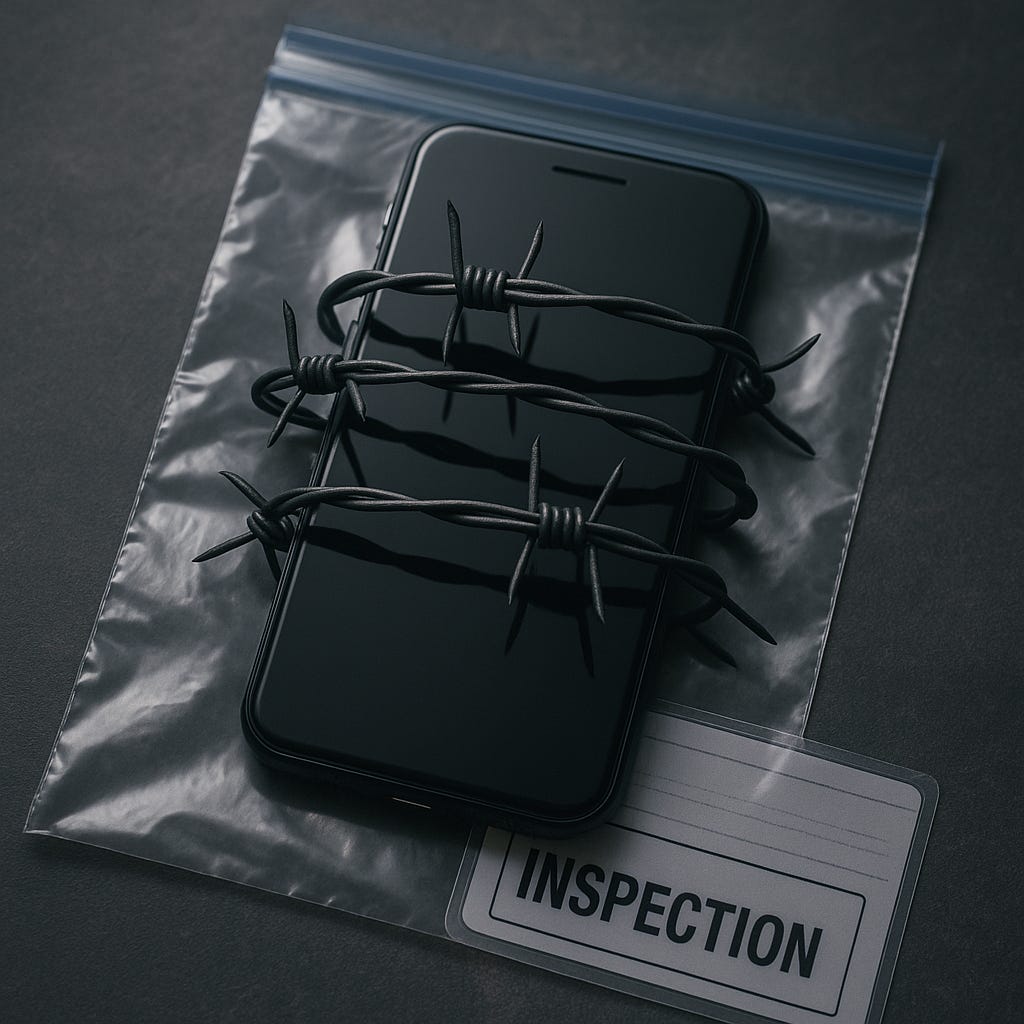READ: “This country isn’t the same,” say foreign visitors.
Friends and allies see America’s rapid decline. Will we?
America has a very long tradition of inspiring the outsiders who reach its shores. Perhaps most famously, in the 1830s, Frenchman Alexis de Tocqueville toured the United States and published his now-classic reflections in Democracy in America, marveling at the nation’s democratic spirit, civil society, and culture of participation. Even then, he saw a c…
Keep reading with a 7-day free trial
Subscribe to TREASON with Miles Taylor to keep reading this post and get 7 days of free access to the full post archives.



